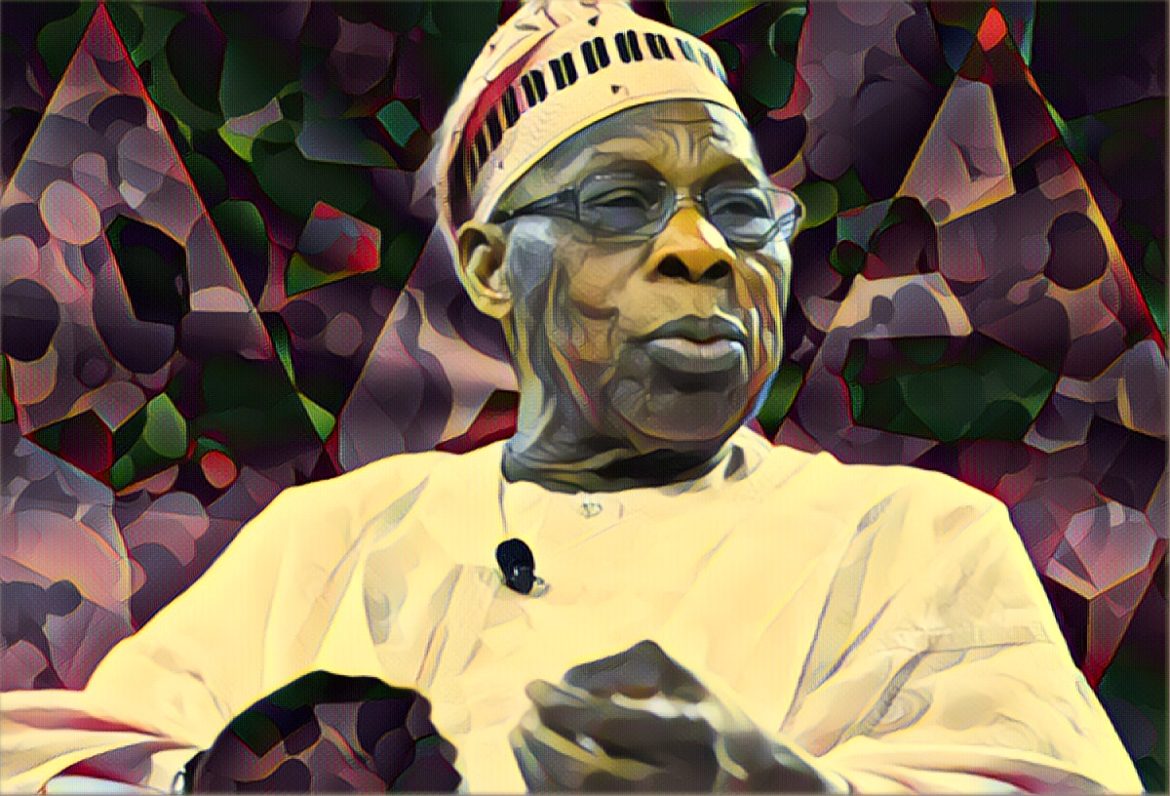In a decisive move, former Nigerian President Olusegun Obasanjo advocated a shift from oil dependency to agribusiness exports as a solution for the nation’s foreign exchange crisis. He conveyed this strategic economic redirection during the finale of a robust “Agribusiness Export Readiness Accelerator Training Programme” in Abeokuta, organized by the African Leadership Foundation and Afreximbank.
According to a report by This Day Live, Obasanjo underscored the detrimental effects of Nigeria’s oil-reliant economy, emphasizing the pressing need for diversification, especially given the current naira devaluation.
He cited the detrimental economic distortions caused by the so-called ‘oil curse.’ With the global push towards alternative energy intensifying, Obasanjo stressed the urgency of tapping into the nation’s vast resources for quick yet sustainable economic diversification.
Drawing parallels with countries like Indonesia and Malaysia, the former president noted how these once mono-product economies have successfully diversified, becoming more resilient to global economic shocks. He lamented Africa’s marginal role in global trade, attributing the continent’s economic lag to its undiversified export base and negligible manufacturing contribution.
“In international trade dynamics, Africa, and specifically Nigeria, lags due to our minimal diversification efforts. We export crude oil only to import refined petroleum products, a practice mirrored in our non-oil sectors,” Obasanjo observed.
In a practical reflection of his advocacy, Obasanjo shared his foray into tree planting and prospective wood exportation, underscoring the prerequisites for successful agribusiness exportation: resilience, adherence to quality, continuous learning, and openness to innovation.
Afreximbank President, Dr. Benedict Oramah, echoed Obasanjo’s sentiments, highlighting the recent surge in global demand for processed African agricultural products. He urged entrepreneurs to leverage these expanding markets, especially in diaspora communities, to bolster the continent’s economic standing.
The training, he revealed, equipped attendees with critical entrepreneurial acumen and nuanced insights into cross-border trade, particularly harnessing the African Continental Free Trade Area’s potential.
Dr. Olumide Ajayi, Executive Director of ALF, lauded the participants’ commitment, underscoring the training’s role as a catalyst for unlocking their agribusiness potential, particularly in processed agro-product exports.
The initiative aligns with broader strategic imperatives, contributing directly to Nigeria’s economic self-sufficiency and mitigating the adverse effects of oil dependency, as articulated by Obasanjo. This approach, coupled with collaborative efforts from institutions like ALF, Afreximbank, and various international partners, heralds a transformative era for Nigeria’s trade landscape and Africa at large.


